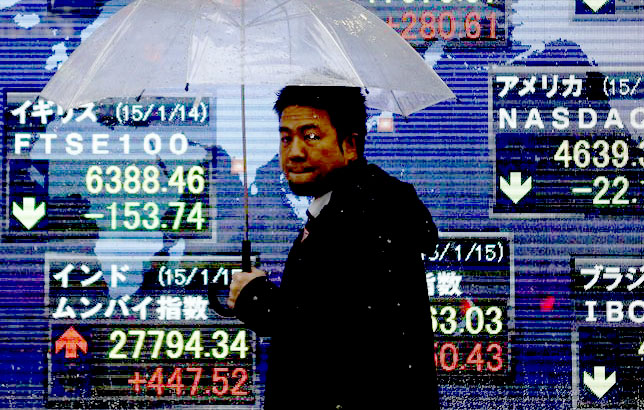Weak Chinese inflation readings exacerbated concerns about lackluster demand in the region’s major export destination. The focus now turns to U.S. inflation statistics later in the day.
By 01:45 ET (0545 GMT), the Shanghai Shenzhen CSI 300 had fallen 1.2%, while the Shanghai Composite had fallen 0.6%.
Industrial equities were among the worst performers in the country as data showed producer price inflation fell to a 17-month low in July.
The reading also suggests lackluster demand for commodities exported to China, a significant Asian economic driver.
Following Wall Street’s overnight weakness, Asia’s tech stocks fell heavily. Micron Technology’s poor estimate sent the NASDAQ Composite index down 1.2%. (NASDAQ: MU).
Hong Kong’s tech-heavy Hang Seng index lost 2.2%. Tencent Holdings Ltd (HK:0700), Alibaba Group Holding Ltd (HK:9988), and Baidu Inc (HK:9888) all saw 1-3% declines.
The unfavorable lead-in countered Lenovo Group’s (HK:0992) good quarterly earnings. Hong Kong-listed shares declined 0.6%.
Japanese markets fell 0.7%, and Australian stocks fell 0.5%. Taiwan’s tech-heavy index fell 0.7%.
Now, attention turns to Wednesday’s U.S. inflation figures. While June’s reading is predicted to be lower than May’s, it will likely remain above 40-year highs.
This would probably cause the Federal Reserve to raise interest rates, which would make it harder to get money and hurt the stock market.

